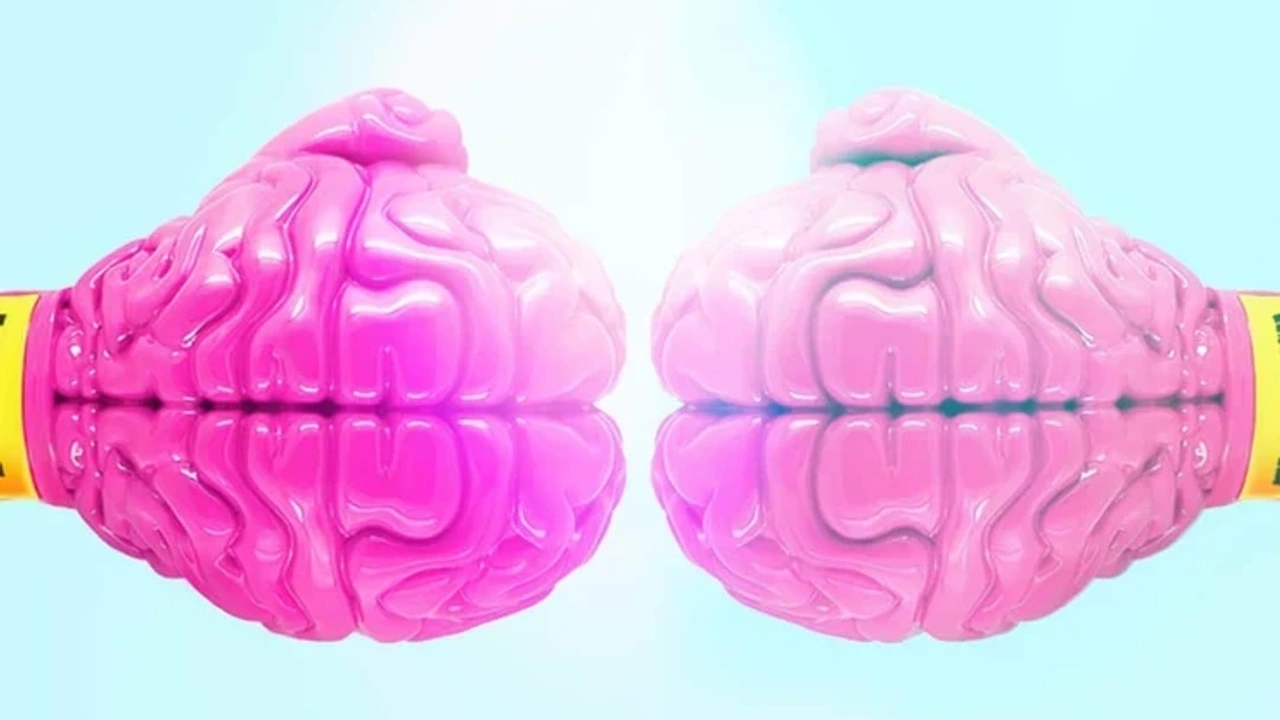Respectful Parenting-Brain Science 🧠
Jul 02, 2022
Respectful Parenting more than anything else is taking care of our kids’ most important organ- the brain. And in the process, also healing our own brains.
What a fabulously remarkable thing!
How do we do this, you ask? Here are a few of the ways we do this.
When kids are born, their brain is a bit of a jigsaw puzzle. All the different parts are present but they haven’t been “integrated” yet- or in simple words, learnt how to interact with each other in a cohesive way.
So for example, when we co-regulate them, validate their experiences and help them put a name to their feelings while holding space for those feelings, we are creating a beautiful flow between their “thinking brain” (Prefrontal cortex) and their “feeling Brain” (the amygdala). We’re teaching the two parts how to communicate with each other effectively.
This allows the “thinking brain” to take the “feeling brain”’s output and analyze it, question it, filter it (if needed) and produce the appropriate action- this whole process is called emotional regulation. When this isn’t done, we get adults who fly off the handle at the smallest things. Who either get too angry or too sad or not enough of either. In short- their “feeling brain” never learnt how to communicate with their “thinking brain”. The integration never happened.
The best part is- when we do this for our children... our OWN brains start to integrate too. We start to become more in touch with our own feelings, thoughts and actions- this is also why respectful parenting is called mindful parenting.
Another way we help our children’s brains is by slowing down our lives for them. When we pause for all the “emotional” moments, when we hold space for them, don’t try to hurry through their big emotions, or even when we engage in child-led play with them, we’re essentially doing the centuries old act of “being mindfully present”- this exercise of the brain increases focus and attention span. And again, in the process, we’re exercising our own brain’s mindfulness “muscles” and improving our own attention and focus!
And perhaps the most impactful way we take care of our children’s brains through respectful parenting is making sure their brain’s “security system” develops optimally. Most of us, unfortunately have malfunctioning security systems. The brain’s threat response (fight, flight or freeze) was built to protect us and keep us safe. For it to do so, it has to be activated only when there’s legitimate danger, AND it has to be able to detect danger correctly. That means, it can’t afford to be either under active or over active. Most of us exactly have this problem.
We either overreact to situations and take them personally, read too much into people’s actions and reactions, think too much about them, feel insecure and unloved OR we do the opposite and tune ourselves out completely even when we should be paying attention and connecting to people.
When we respond appropriately to children’s needs, by being present and attuned without losing our tempers, we help their brain’s security system develop normally. They learn when a situation calls for “fight and flight” and when it doesn’t.
And of course, in this way we also start to heal our own brains. This is also called “trauma-informed” parenting. We know the trauma our brains endured by not receiving the nurturing they deserved, and now we have the choice to do differently for our children. (As always, I’ll add my disclaimer that the purpose is not to “blame” our parents. They did better than the best they could, better than what they received and now we will do even better).
